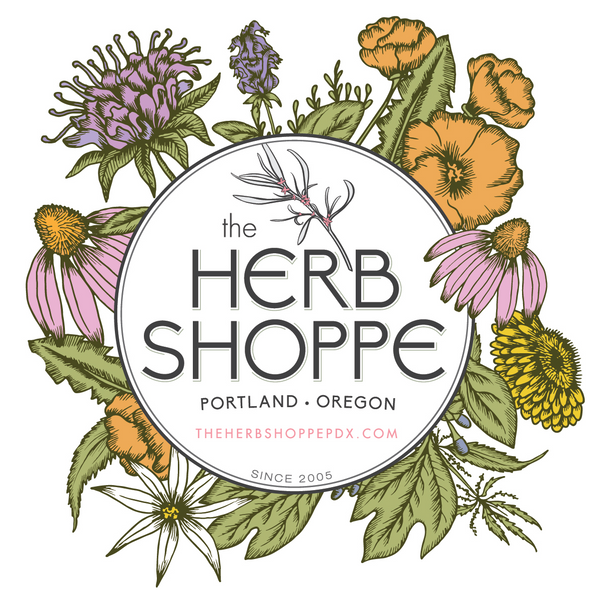
Exploring Dreams with Herbalist Amanda Furbee
Amanda FurbeeShare
There are many questions that revolve around dreams. Why do we dream? What do our dreams mean? Why are they so detailed, vivid or wild? What does Lucid Dreaming mean? The list can go on 'til the end of time. Maybe that's why we find dreams so interesting. We know very little about dreams, and the how's and why's of them.
Some theories suggest that we dream because we are working out things that are suppressed and can't be expressed in the current social norm. Others suggest that they are looking into the future or the past as tools to heal the present. Carl Jung believed that we were reflecting on our waking self and problem solving in our dreams. Dream enthusiasts, like myself, agree that dreams can connect us to past lives, people past and present, different dimensions and can become engagingly interactive through the act of Lucid Dreaming.
There are 5 stages of dreaming, and REM (rapid eye movement) is typically the one right before waking. This is the state of easiest dreams recall. Dreams can be hard to remember and recall the longer we get away from that dream state. Experts suggest that keeping a dream journal by your bed can be a great place to start in recognizing, remembering and recalling dreams.
What is Lucid Dreaming? Lucid Dreaming is a learned skill that occurs while dreaming. It allows you to take the reigns of your dreams and change or shift the way a dream is going. Making you an active member of your dreams. If you want to dive more into how to Lucid Dream there are many tools and teachers out there to help you along the way.
Dr. Stephen LaBerge is the founder of The Lucidity Insitite, and developed the MILD technique. This technique begins by telling yourself to remember your dreams, then focusing on recognizing when you are dreaming. From there, you can focus on entering a dream and what you want to do in that dream. For Example: Fly or swim underwater without needing to breathe. You can read more about this technique and LaBerge here.
Locally here in Portland, Adam Heifetz works with Jungian projective dreamwork interpretation. I was treated to a session with him and enjoyed the process of going deeper with understanding symbols in my dreams. You can find him at Threshold Counseling.
There are some great herbs out there to help you work with dreams. Some commonly used herbs to enhance dreams are Mugwort, Cedar Leaf, Ginkgo Biloba, Peppermint, Burdock Rt and Blue Lotus. Give them a try and start journaling!
Outside of it being an exhilarating experience to Lucid Dream, there are many benefits to help us navigate the awakened state of mind. It could help us problem solve challenges or large tasks. Often times, dreams will stimulate emotions that are not being relieved in the awaken state, so lucid dreaming could release some of those emotions that are trapped and give us a better understanding on how to cope or bring balance to that internal turmoil. Some also practice meditation in these deep states of dream, while others work on the birthing of creative endeavors. Whatever your curiosity is for Lucid Dreaming, I encourage you to tap into your full potential; dreams are often a beautiful way to experiment with molding and shaping possible outcomes in the awakened state of mind. So dream on!
Stop by and see us to view our complete line of THS products. To set up an herbal consultation with me, either in person or via Facetime or Skype, email: info@theherbshoppepharmacy.com
